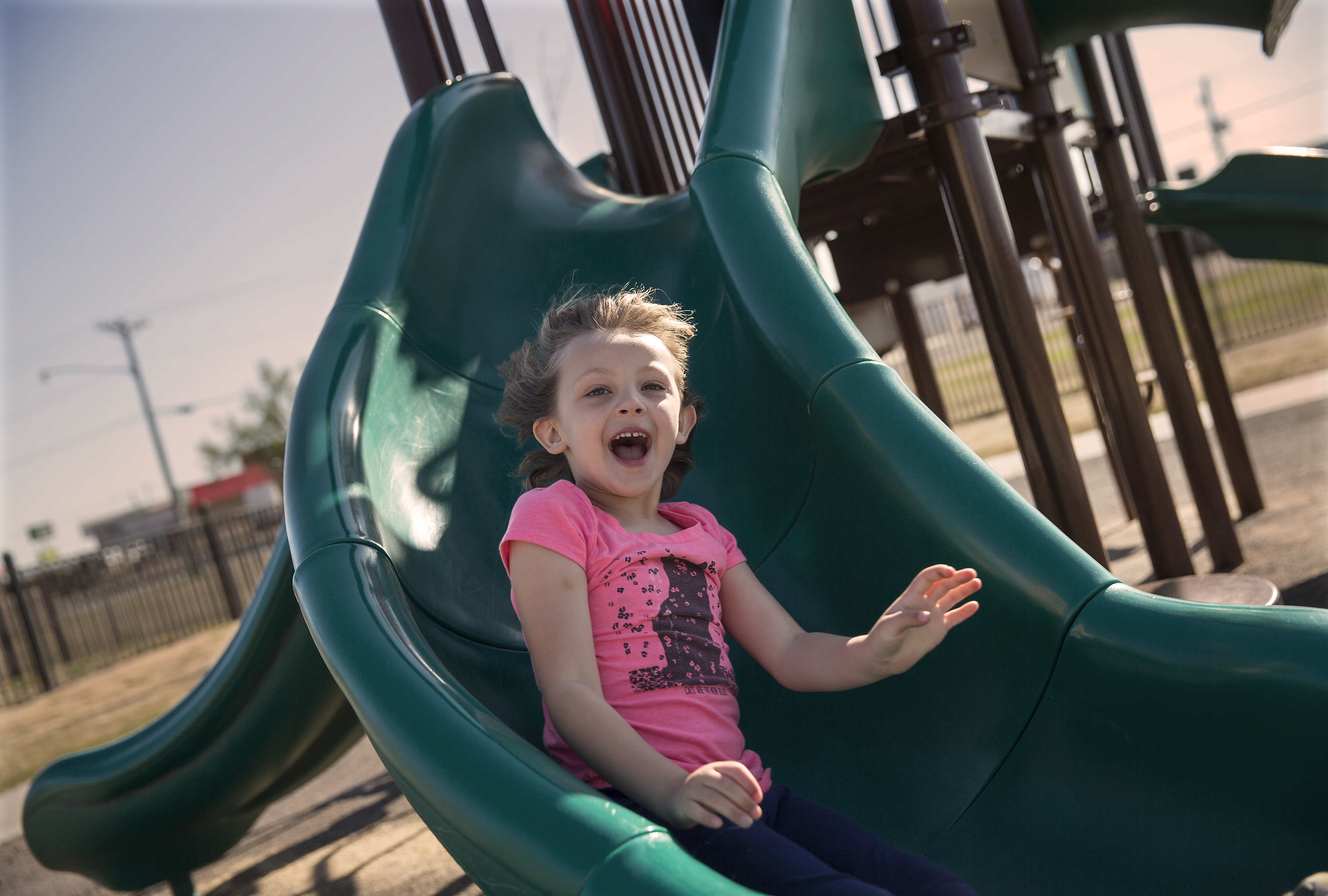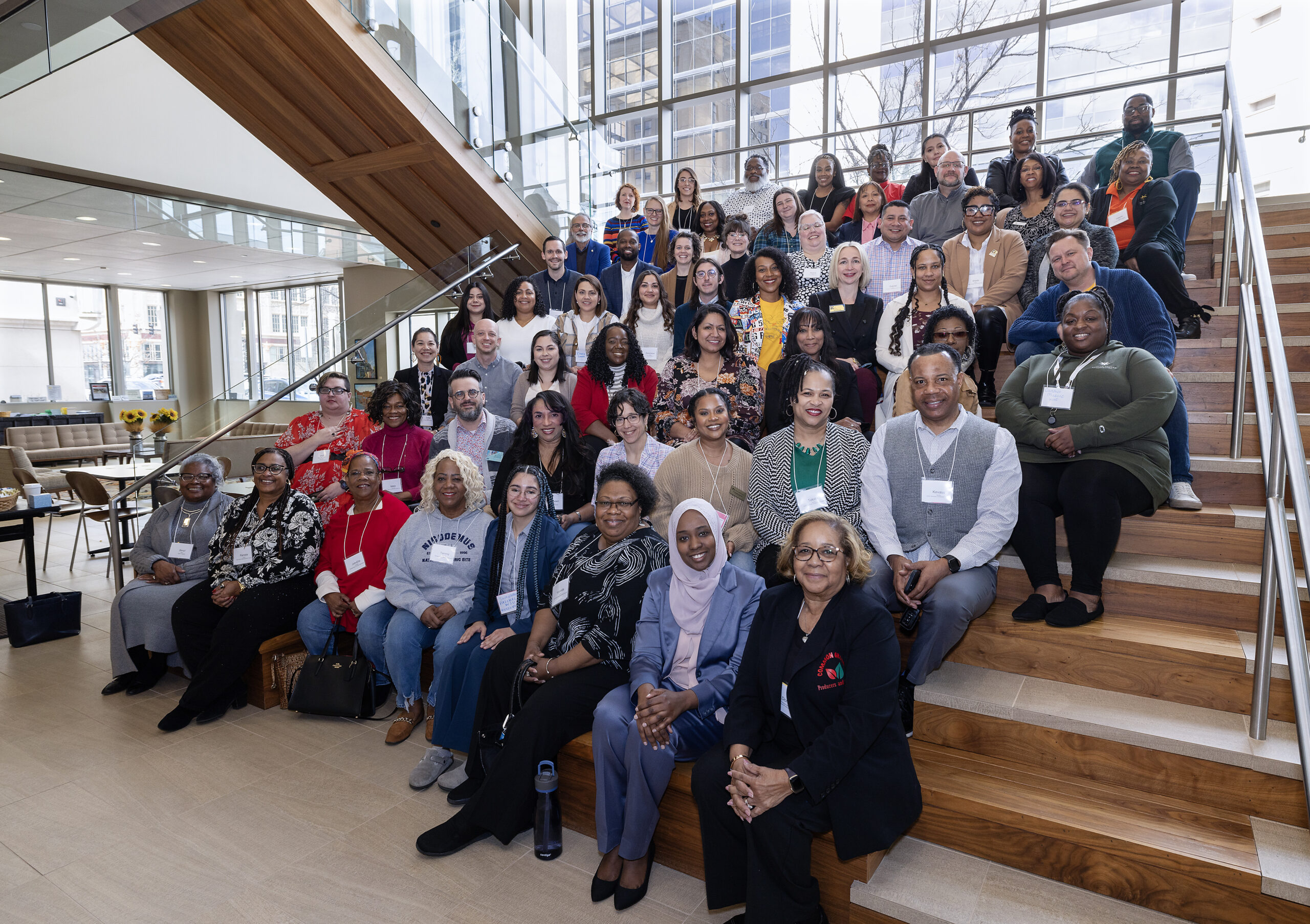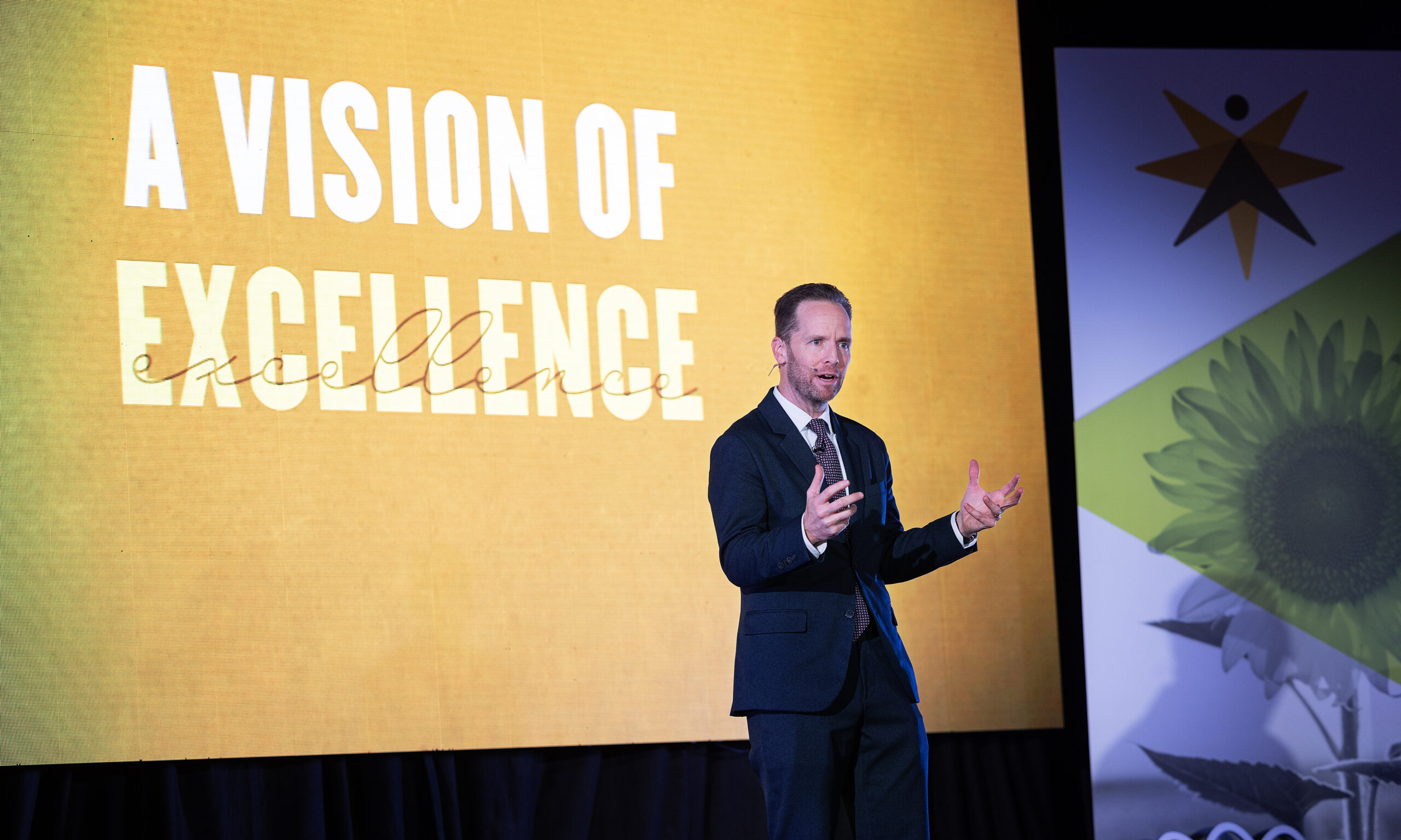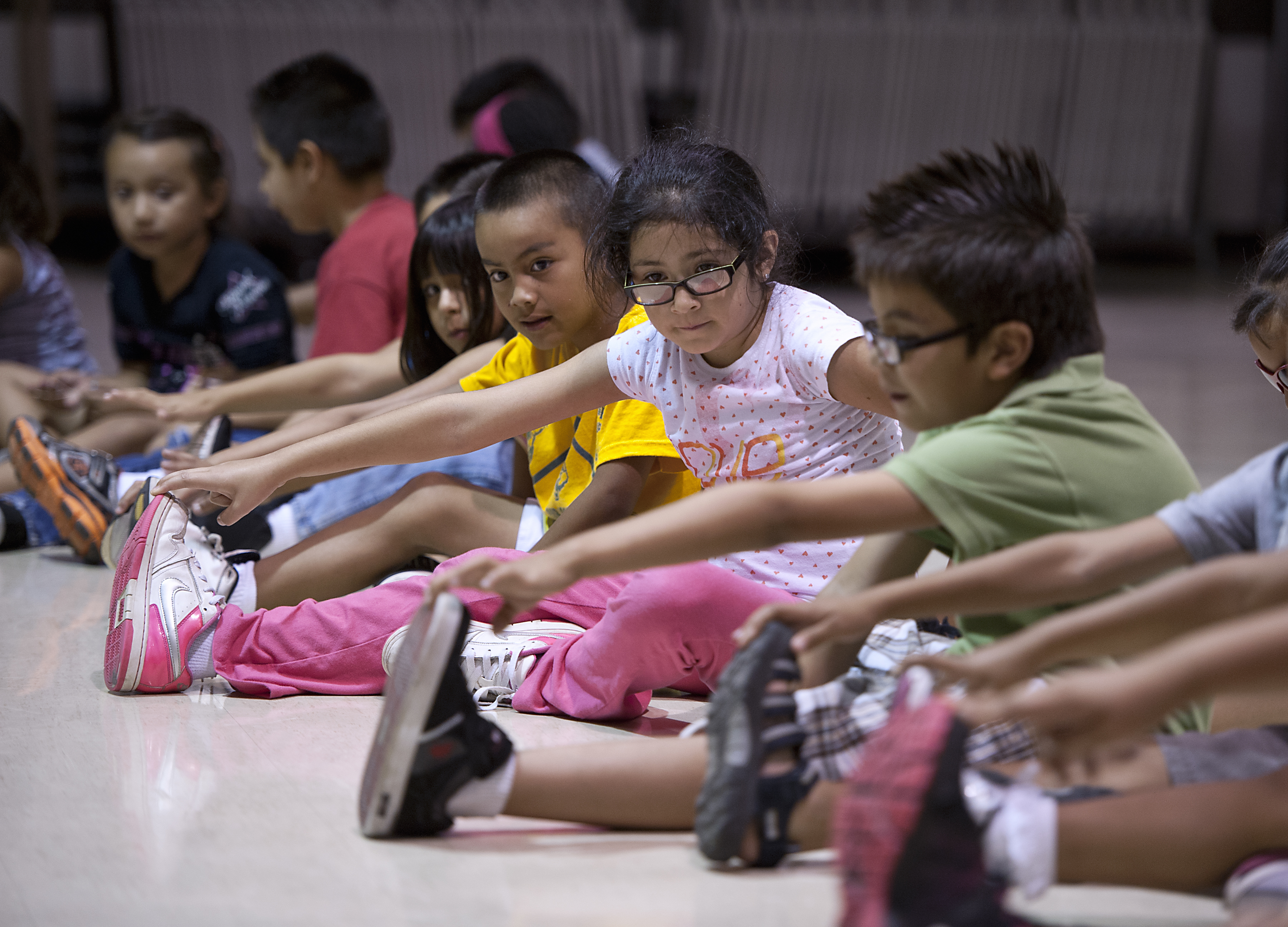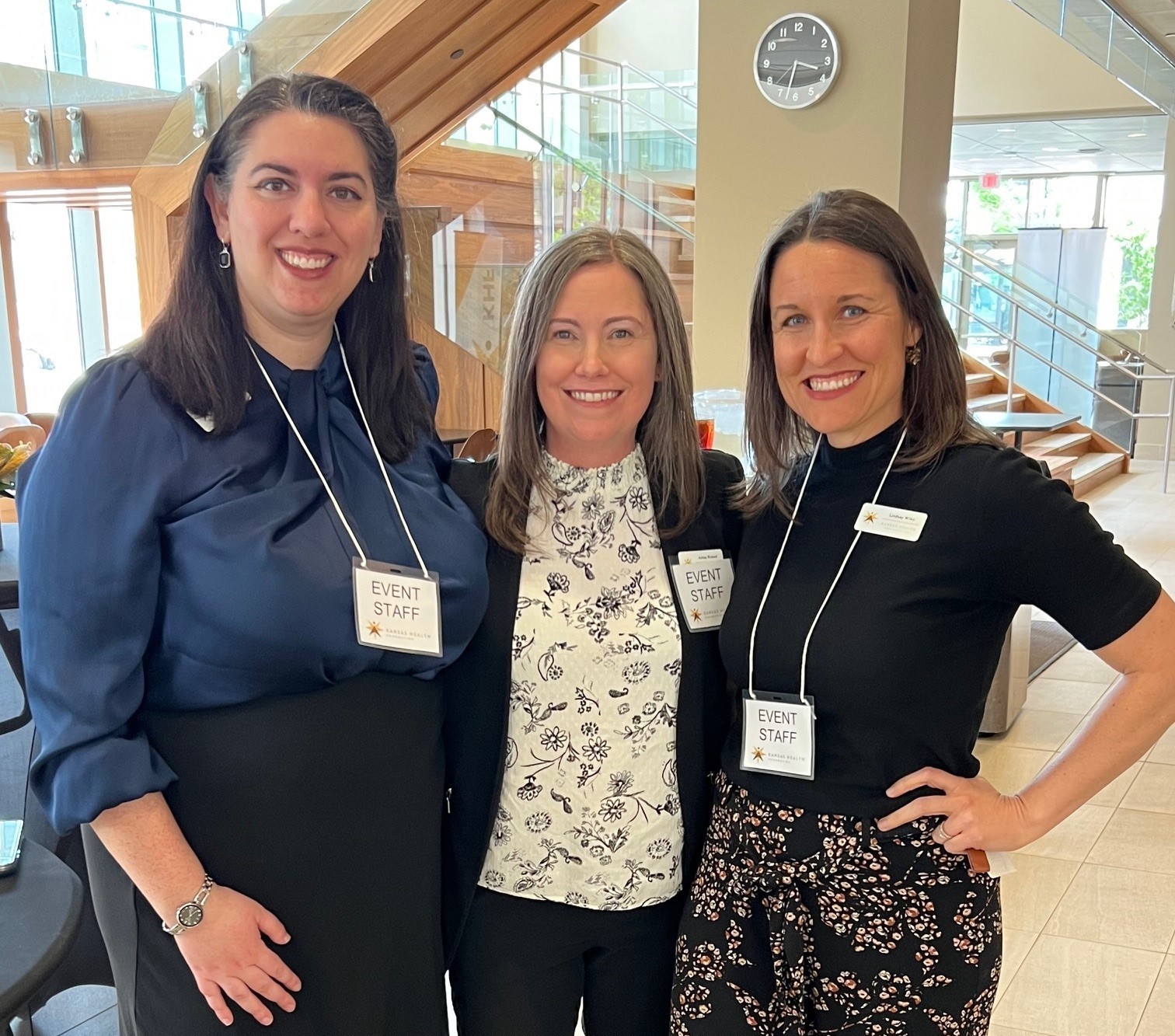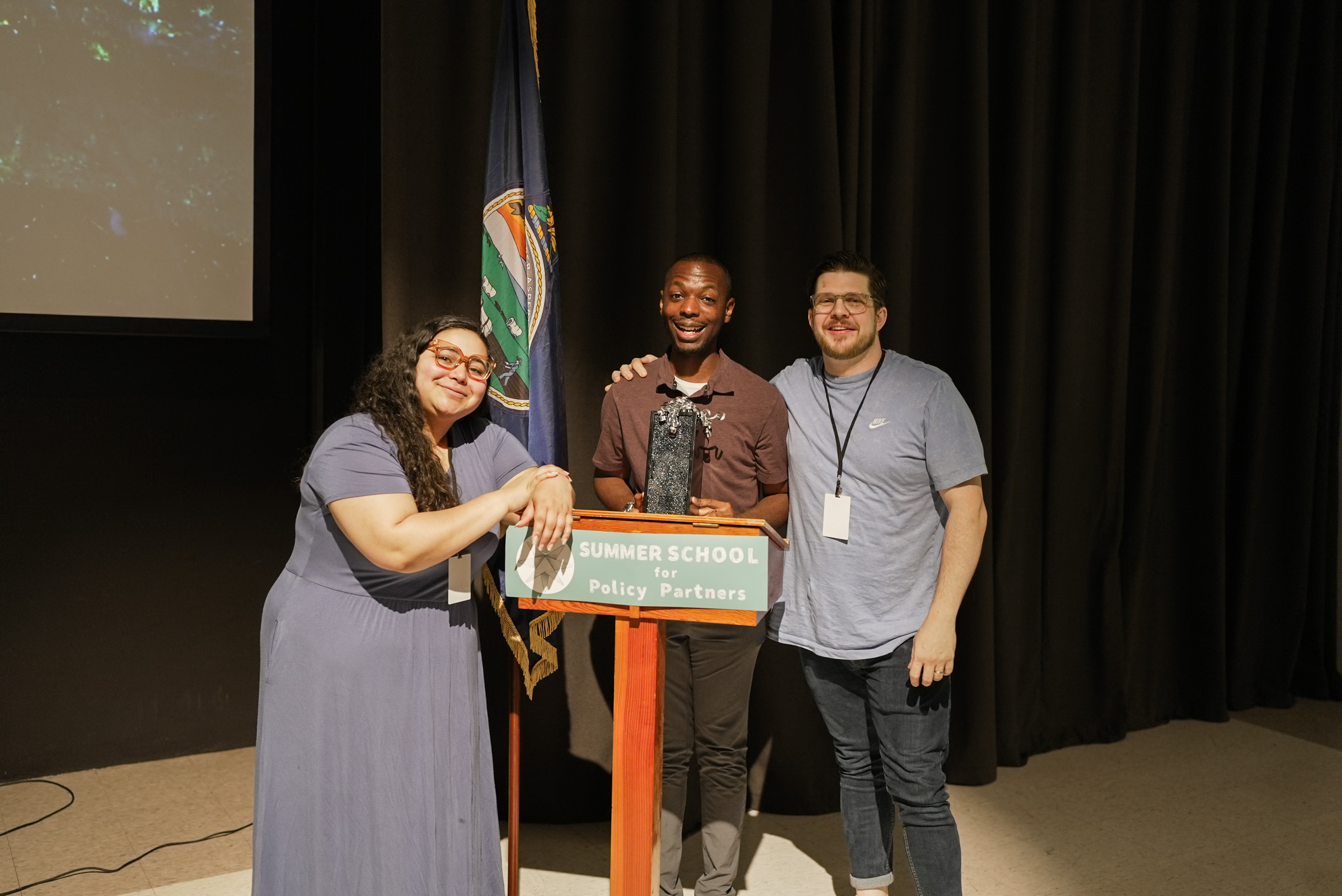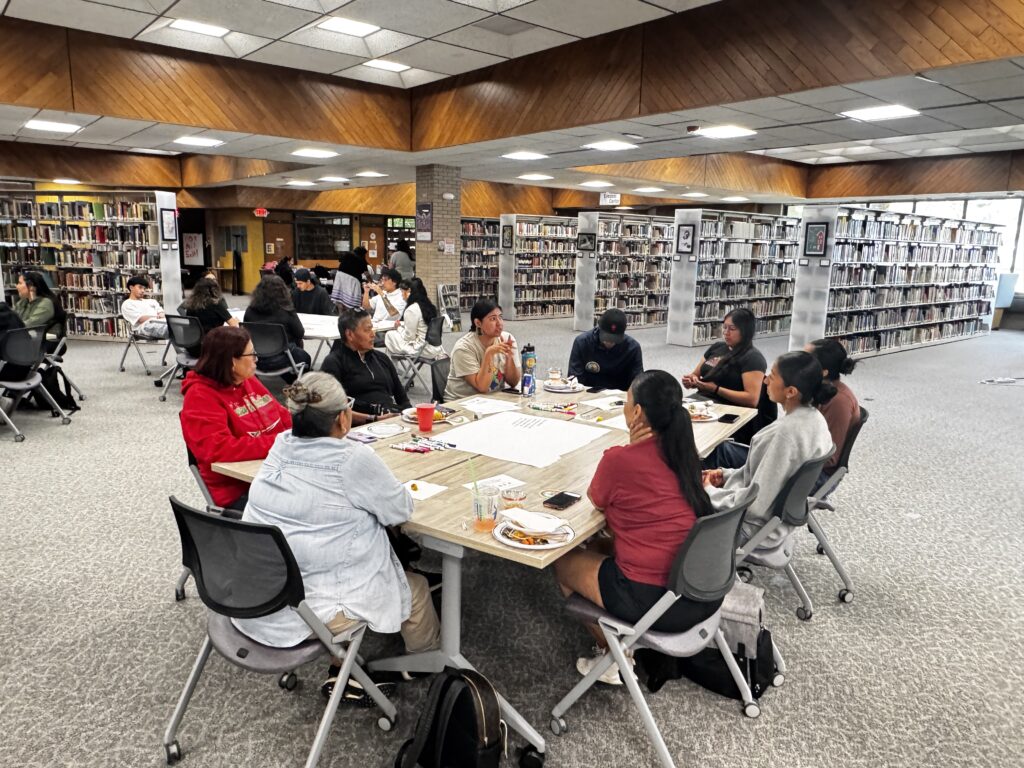For Natalie Fullerton, project director at the Kansas Rural Center, local food is an integral aspect in the future health of Kansans.
In the case of Katrina McGivern, policy and public affairs director for the Kansas Association for the Medically Underserved (KAMU), her focus is on providing healthcare to all Kansans, regardless of their ability to pay.
Two different missions, yet both organizations rely on the power of motivating others to take action and support a cause. With advocacy such a key part of their organizations, and with the state of health in Kansas at stake, it’s critical for organizations to effectively advocate on behalf of the issues and people they support.
Sixteen organizations from across the state, including the Kansas Rural Center and KAMU, recently had the opportunity to attend a three-day, Kansas Health Foundation-funded, training program specifically focused on how to strategically and effectively utilize grassroots advocacy. The training was administered by the Midwest Academy.
In its 40-year history, the Midwest Academy has trained more than 25,000 grassroots activists by teaching methods and skills that enable people to actively participate in the democratic process.
“We have a lot of room for improvement when it comes to civic engagement in Kansas,†said Elina Alterman, program officer at the Kansas Health Foundation. “Strong civic engagement and a culture of dedicated advocacy can have a substantial long-term impact on this state.â€
In recent years, KHF has sought ways to be, as an organization, an advocate for improving health and supporting efforts of health policy at the local level. Now, this advocacy focus is being broadened to build the advocacy capacity of other nonprofits in the state.
According to a survey conducted by RTI International, 87 percent of Kansans feel together they could make a difference on important issues. However, the same study revealed more than half of the Kansans surveyed had participated in only one activity to address issues most important to them or no activities.
Liberal is only one example of a successful HCI community. The coalition has received additional chronic disease risk reduction grants from the Kansas Department of Health and Environment to hire staff to plan and prepare meals, and conduct taste tests to ensure children like the nutritious food items sold at parks and recreation centers. The goal: help children make healthy choices while they’re young and forming lifelong eating habits.
The Midwest Academy is a step in the direction to fill that gap and help equip Kansans with the knowledge and skills to contact state legislators, form coalitions and raise voices to make continued progress on health issues facing the state.
One of those skills: leveraging power.
“The key that (KAMU participants) really took away from the training was learning how power plays a part in advocacy,†McGivern said. “To get things accomplished, you have to have money or power, and (the facilitators) discussed the importance of getting the right people at the table and the power those people have is the key.â€
The lesson on power resonated with Fullerton, too. As one who has attended several other advocacy training opportunities, she felt the Midwest Academy was especially strong.
“The Kansas Rural Center has a rich history of doing advocacy work across the state,†Fullerton said. “This training offered new ideas, language and concepts around organizing that we appreciate freshening up our approach and style to our work.â€
The partnership with Midwest Academy was a first for the Kansas Health Foundation but with strong participant feedback, KHF will likely continue to explore ways to grow and strengthen the capacity for health advocacy in Kansas.
“Citizens as voters have a lot of power,†Alterman said. “It’s just an issue of how you demonstrate and build that.â€

